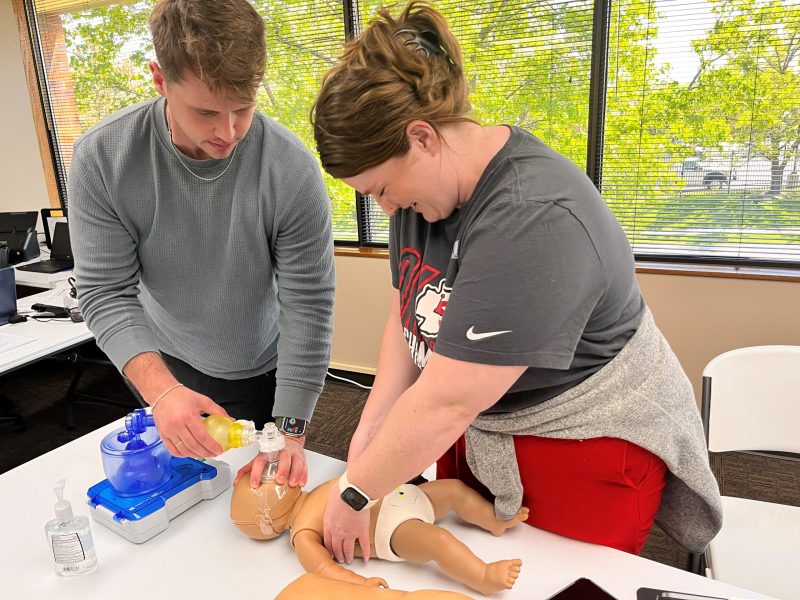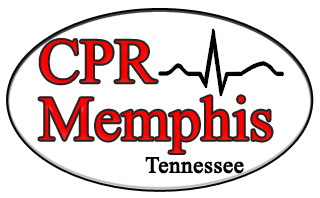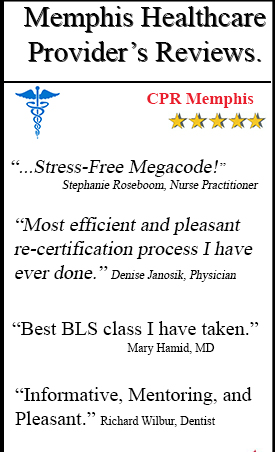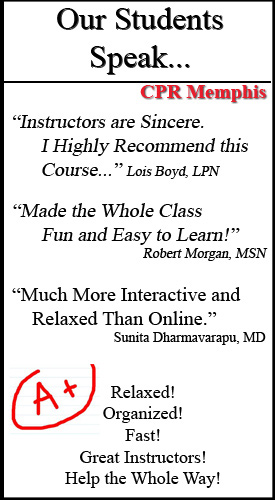Understanding the ABCs of Infant CPR
Every year in the United States, thousands of infants experience cardiac emergencies. More than 7,000 out-of-hospital cardiac arrests and approximately 20,000 in-hospital cardiac arrests occur annually in infants and children. Knowing the ABCs of infant CPR can mean the difference between life and death. This comprehensive guide will equip you with essential knowledge to respond confidently during infant emergencies.

At what Age does an Infant need CPR?
For CPR purposes, infants are defined as those between 30 days and 1 year of age, while neonates are defined as those under 30 days of age. This age classification matters because infant anatomy differs significantly from older children and adults. Their bones are softer, their organs are more fragile, and their oxygen needs are higher due to smaller lung capacity and faster metabolic rates.
Understanding this distinction helps you apply appropriate pressure and techniques during the ABCs of infant CPR, preventing injury while delivering effective care.
How Do You Perform the ABCs of Infant CPR?
The ABCs of infant CPR involve three critical steps: checking the Airway, providing Breathing support, and performing Chest compressions. Let’s break down each component of infant CPR.
Step 1: Scene Safety and Assessment
Before beginning the ABCs of infant CPR, ensure the scene is safe. Gently tap the infant’s foot and call their name. If there’s no response, check for breathing and pulse simultaneously for no more than 10 seconds. Place two fingers on the brachial artery, located on the inside of the upper arm between the elbow and shoulder.
Step 2: Call for Emergency Help
If you’re alone with an unresponsive infant, perform CPR for 2 minutes before calling 911. If someone else is present, have them call immediately while you begin the ABCs of infant CPR.
Step 3: Airway Management
Position the infant on a firm, flat surface. Tilt the head back gently using a head tilt-chin lift maneuver, but avoid hyperextending the neck, which could block the airway. The infant should be in a “sniffing” position.
Step 4: Breathing (Rescue Breaths)
Cover both the infant’s mouth and nose with your mouth to create a seal. Deliver two gentle breaths, each lasting about one second. Watch for visible chest rise. Use only enough air for a small puff—excessive ventilation can cause harm.
Step 5: Chest Compressions
The recent 2025 American Heart Association and American Academy of Pediatrics guidelines eliminated the two-finger technique for chest compressions. Instead, two preferred methods exist:
Two-Thumb Encircling Technique (Recommended):
- Wrap your hands around the infant’s chest with both thumbs positioned on the lower half of the sternum, just below the nipple line
- Use your thumbs to compress the chest while your fingers support the infant’s back
- This technique provides superior blood flow compared to other methods
One-Hand Heel Technique:
- If you cannot encircle the chest, use the heel of one hand
- Place it on the lower half of the breastbone
- Compress using the heel of your hand
Compress approximately 1.5 inches (4 cm), which is about one-third the depth of the infant’s chest. Maintain a rate of 100-120 compressions per minute. Allow complete chest recoil between compressions.
Is Infant CPR 15:2 or 30:2?
This is one of the most critical aspects of the ABCs of infant CPR. The compression-to-ventilation ratio depends on the number of rescuers present:
Single Rescuer: Use a 30:2 ratio—30 chest compressions followed by 2 rescue breaths. This ratio maximizes chest compressions while ensuring adequate oxygen delivery.
Two Rescuers: When two trained rescuers are present, use a 15:2 ratio—15 chest compressions followed by 2 rescue breaths. This allows one rescuer to maintain consistent compressions while the other manages the airway and breathing.
The 15:2 ratio for two-rescuer infant CPR reflects the increased oxygen needs of babies. Unlike adults, who typically arrest from cardiac causes, infants usually experience respiratory arrest first, making ventilation crucial in the ABCs of infant CPR.
Where to Place Fingers for Infant CPR
Proper hand placement is essential in the ABCs of infant CPR. Current guidelines recommend either the two-thumb encircling hands technique or using the heel of one hand on the lower half of the sternum.
Landmarks for Proper Placement:
- Locate the nipple line on the infant’s chest
- Position your thumbs or hand just below this imaginary line
- Center your compression point on the breastbone (sternum)
- Avoid pressing on the xiphoid process (the tip of the breastbone)
Studies demonstrate that the two-thumb encircling technique generates significantly more force and provides better hemodynamic response than the previously recommended two-finger method, making it the gold standard in the ABCs of infant CPR.
Why the ABCs of Infant CPR Matter
Cardiac arrest in infants differs fundamentally from adult emergencies. Most infant arrests result from respiratory failure or shock rather than primary heart problems. This makes the “B” (Breathing) component of the ABCs of infant CPR especially critical.
Without intervention, permanent brain damage begins after just 4 minutes without oxygen. Effective CPR maintains blood flow to vital organs, buying precious time until advanced medical help arrives.
Common Mistakes to Avoid in the ABCs of Infant CPR
When performing the ABCs of infant CPR, avoid these errors:
- Excessive ventilation: Use gentle breaths; too much force can damage delicate lung tissue
- Inadequate compression depth: Press firmly enough to achieve one-third chest depth
- Incorrect hand placement: Keep compressions centered on the lower sternum
- Interrupting compressions: Minimize pauses between compression cycles
- Wrong compression-to-ventilation ratio: Remember 30:2 for one rescuer, 15:2 for two rescuers
Latest Updates in the ABCs of Infant CPR
The 2025 guidelines mark the first time pediatric- and neonatal-focused CPR guidelines were developed through an equal partnership between the American Heart Association and the American Academy of Pediatrics. Key updates include:
- Elimination of the two-finger compression technique
- Emphasis on the two-thumb encircling hands method
- Updated recommendations for drowning victims
- Integration of quality feedback devices for healthcare providers
These evidence-based changes improve survival outcomes and neurological recovery in infant cardiac emergencies.
Building Confidence in the ABCs of Infant CPR
Learning the ABCs of infant CPR requires hands-on practice with proper instruction. Theoretical knowledge alone cannot prepare you for the stress of a real emergency. Quality training programs provide:
- Practice with infant manikins
- Feedback on compression depth and rate
- Scenario-based training
- Skills assessment and certification
Regular refresher courses maintain your proficiency in the ABCs of infant CPR. Skills deteriorate over time, so recertification every two years is recommended.
When to Use an AED in the ABCs of Infant CPR
Automated External Defibrillators (AEDs) can be used on infants. If available, apply pediatric pads or an attenuating system. Position one pad on the infant’s chest and the other on the back between the shoulder blades. If only adult pads are available, use them—ensuring they don’t touch each other.
Continue the ABCs of infant CPR while the AED analyzes the heart rhythm. Follow device prompts and immediately resume compressions after any shock delivery.
Take Action: Get Certified in Infant CPR
Don’t wait for an emergency to learn the ABCs of infant CPR. Parents, caregivers, childcare providers, and anyone who spends time with infants should pursue certification. Professional training ensures you can respond effectively when seconds count.
Ready to master the ABCs of infant CPR? CPR Memphis is an American Heart Association training site offering initial certifications and renewal in BLS for Healthcare Providers, ACLS, and PALS. All classes are stress-free and hands-on, providing the practical experience you need to save lives.
Whether you need CPR certification in Memphis or PALS certification in Memphis, CPR Memphis delivers expert instruction based on the latest guidelines. Our experienced instructors guide you through each step of the ABCs of infant CPR, ensuring you develop the confidence and competence to act decisively during emergencies.
Contact CPR Memphis today to schedule your certification class. When you know the ABCs of infant CPR, you have the power to save a precious life. Don’t wait—equip yourself with this essential lifesaving skill now.





